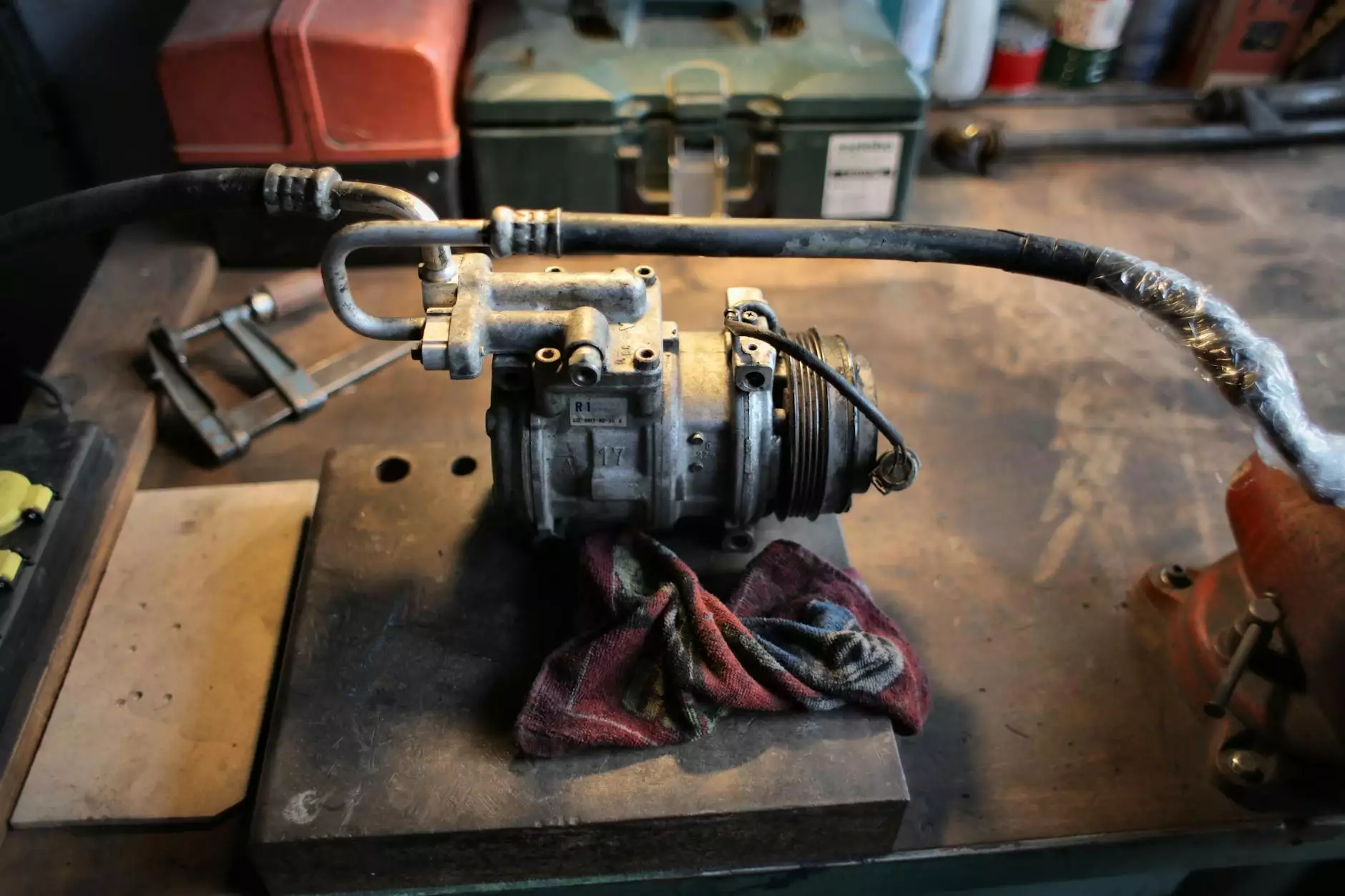The Importance of **Japanese Vehicle Parts** in the Auto Industry

When it comes to automotive excellence, few regions can compete with the reputation of Japanese vehicle parts. Known for their high quality, durability, and innovative design, these components play a vital role in the performance and reliability of vehicles worldwide. In this article, we will explore the various aspects of Japanese vehicle parts, including their benefits, how to choose the right parts, and the future of this burgeoning industry.
Why Choose Japanese Vehicle Parts?
Japanese vehicle parts have garnered immense popularity due to several key factors. Let's delve deeper into what makes these parts a goto choice for both individual car owners and automotive professionals.
1. Exceptional Quality Control
One of the standout features of Japanese vehicle parts is the rigorous quality control that manufacturers implement. From the initial design phase through to production and final inspections, every step adheres to stringent quality standards. This meticulous attention to detail ensures that each part meets the high expectations set by consumers.
2. Advanced Technology and Innovation
Japanese companies are renowned for their commitment to innovation and the adoption of cutting-edge technologies in the manufacturing process. This is evident in the creation of parts that are not only reliable but also highly functional and compatible with modern vehicles. High-performance components, such as engine parts, braking systems, and suspension components, often incorporate the latest technological advancements.
3. Durability and Longevity
Durability is another hallmark of Japanese vehicle parts. Due to the high-quality materials used and the precision in manufacturing, these parts are designed to withstand the rigors of daily use. Car owners often find that vehicles equipped with Japanese parts experience fewer mechanical failures and prolonged operational life, providing excellent value for their investment.
Types of Japanese Vehicle Parts
There is a wide array of Japanese vehicle parts available in the market. Below are some prominent categories:
- Engine Components - This includes pistons, crankshafts, and cylinder heads that play critical roles in vehicle performance.
- Brake Systems - Japanese manufacturers produce highly reliable brake pads, rotors, and hydraulic components.
- Suspension Parts - Shock absorbers, struts, and control arms are engineered for enhanced handling and ride comfort.
- Transmission Parts - Gears, clutches, and belts from Japan ensure smooth gear transitions and optimal performance.
- Electrical Components - From starters to alternators, electrical components are crafted with precision for long-term reliability.
How to Choose Quality Japanese Vehicle Parts
Choosing the right parts is crucial for maintaining your vehicle's performance. Here are some tips to guide you in making informed decisions:
1. Research the Manufacturer
Always opt for well-established brands known for producing Japanese vehicle parts. Conducting thorough research about the manufacturer can provide insight into their reputation for quality and reliability.
2. Check for Authenticity
With the rise in counterfeit products, it's essential to ensure that you purchase genuine Japanese vehicle parts. Look for marks of authenticity, such as serial numbers or certification labels.
3. Ask for Recommendations
Consult with automotive professionals or mechanics who specialize in Japanese vehicles. Their experience can guide you in selecting the right parts that will best suit your vehicle's requirements.
4. Consider Warranty Policies
A solid warranty can be a significant indicator of a part's quality. Manufacturers of Japanese vehicle parts often provide warranties that reflect confidence in their product, which can also aid you in case of defects or failures.
The Future of Japanese Vehicle Parts
The Japanese vehicle parts industry is poised for an exciting future, reflecting evolving automotive technologies and consumer demands. Here are some trends to watch:
1. Sustainability and Eco-Friendliness
As the automotive industry pivots towards sustainability, Japanese manufacturers are focusing on eco-friendly materials and production processes. This not only mitigates environmental impact but also enhances the appeal of Japanese vehicle parts among environmentally conscious consumers.
2. Electrification of Vehicles
The rise of electric and hybrid vehicles presents new opportunities for Japanese vehicle parts innovations. Manufacturers are adapting their production lines for components that cater specifically to the needs of electric drivetrains, including batteries and electric motors.
3. Integration of Advanced Technology
With the rapid growth of automotive technology, expect to see more Japanese vehicle parts integrating smart technologies such as sensors and integrated circuits. These advancements promise increased efficiency and enhanced safety features for vehicles.
Conclusion
In summary, Japanese vehicle parts stand out for their quality, durability, and technological advancement. Whether you are a car enthusiast or a professional mechanic, understanding the various aspects of these components can help ensure the best choices for your automotive needs. As the industry continues to evolve, keeping an eye on trends such as sustainability and technological integration will be crucial for staying ahead in the automotive world. For anyone looking to enhance their vehicle's performance, investing in Japanese vehicle parts is undoubtedly a step in the right direction.
For a comprehensive selection of high-quality Japanese vehicle parts, visit 1autoparts.com, where excellence meets affordability.









